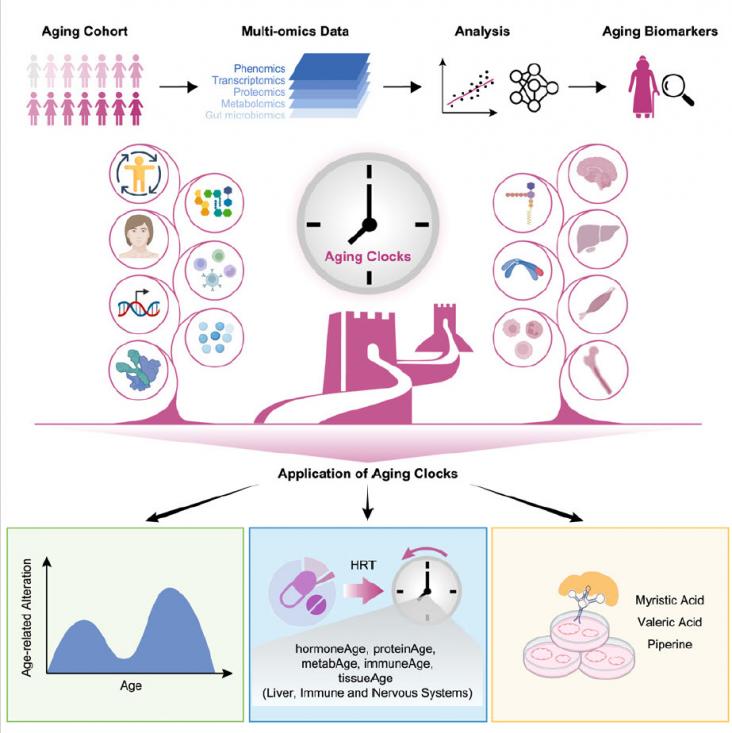This Series paper supports SDG 3 and 13 by synthesising data from 127 existing studies on various aspects of climate change, including the effects of different climate factors on a wide range of health outcomes, climate change awareness and engagement, adaptation strategies, and policy implementation in Vietnam.
This Series paper supports SDG 3 and 13 by highlighting significant impacts of climate-related environmental extremes on the health and well-being of Australians.
This paper supports SDG 3 and 13 by examining published literature on climate and air quality driven health outcomes in Singapore, and discusses mitigating strategies.
This paper supports SDG 3 and 13 by summarising key climate risk drivers; potential climate-sensitive health risks; relevant climate change policy, legislation and activities, in Aotearoa New Zealand.
Although specialized indigenous patient support services exist, gaps in consistent access to services that are culturally specific are present. Better implementation of protective factors like culturally specific support services are critical to reduce disparities and provide better cardiovascular care for Indigenous people
Background: Hong Kong is among the many populations that has experienced the combined impacts of social unrest and the COVID-19 pandemic.

Stella Chan's interest in psychology began when she went through a tough time as a teenager. The experience gave her a sense of direction: “I wanted to learn more about psychology and how feelings work...I hoped I could do something constructive about mental health.”
The study unveils a significant occurrence of sexual violence among recently arrived asylum-seeking women in France, especially notable among those who had previously experienced sexual violence. It underscores the heightened risk linked to the absence of support for accommodation.

This study identifies a set of markers associated with aging in women, and uses them to create an "aging clock" that can measure a person's biological age. The clock reveals distinct aging patterns and suggests that hormone replacement therapy can slow down some aspects of aging.
This Comment discusses the issue of ableism in oncology care and how this must be addressed.
